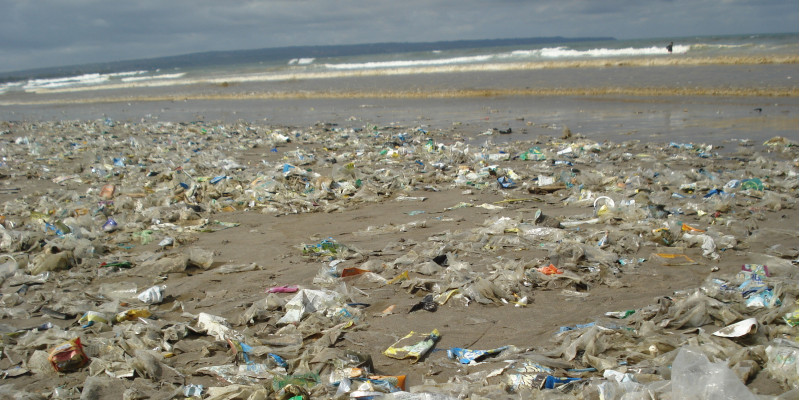Federal Environment Minister Barbara Hendricks said: "We need a broad-based package of measures and the creative strength of civil society to cope with the amounts of litter in the world's oceans. Which is exactly why we are establishing the first "Round Table Marine Litter" now. Everyone understands what our aims are: we want an intact marine environment, and this means we must prevent more waste entering the oceans, and wherever possible, remove more of the litter which is already present. We must be mindful that any ecological damage done does not outweigh the benefits.”
Stefan Wenzel, Lower Saxony’s Minister for Environment, said: “The challenges we face are enormous, and the efforts must be stepped up to avoid plastics in the packaging industry, in clothing, in household goods and in many other consumer goods. More information for consumers and environmental education is aimed at increasing awareness of the protection of the marine environment. The triad of marine protection is sustainable production, environmentally compatible official regulations and measures, and the environmentally friendly behaviour of all.”
President Maria Krautzberger of the German Environment Agency said: “Most of the marine litter consists of plastics, which makes it a problem of our own doing, in what we produce, buy and how we consume. We must pay much more attention to how we deal with plastics. We need close cooperation at international, regional and national level to prevent more litter from entering our oceans.”
It is estimated that 100-140 million tonnes of marine litter exist worldwide. Plastics comprise two thirds of the litter found in the North and Baltic Seas. 600,000 tonnes of waste is presumed to lie on the floor of the North Sea. The main input pathways which are accountable in relatively equal proportion are firstly maritime activities, and fishery and shipping in particular, and secondly, onshore tourism and leisure-time activities. The source of waste in the Baltic Sea is mainly traceable to tourism and recreational activities, whereas the major offshore source is fishery. Up to 10,000 gillnets are thought to be lost in the Baltic Sea every year, and these ghost nets can go on “fishing” for years and years.
The Round Table will coordinate national measures and push forward their implementation. These measures are part of the programme of the Marine Strategy Framework Directive and also embedded in the regional action plans for the North and Baltic Seas. Their aims include ensuring that fishing gear such as nets are not discarded at sea. The first talks with the fishing industry are in progress. The use of in industrial applications and in personal care products and cosmetics in particular microplastics is to be halted. This is the aim of the dialogue on cosmetics which the Federal Ministry for Environment, UBA and the Convention for the Protection of the Marine Environment of the North-East Atlantic (OSPAR) is engaged in with the industries concerned. A voluntary commitment by the retail sector to reduce the use of plastic bags, in addition to a new recycling law with higher quotas for plastic waste, would also ensure the prevention of plastic waste in the environment.
The participants in the Round Table on marine litter include: representatives of the fishing and shipping industries, the plastics industry, wastewater management, cosmetics and tyre production, retail trade, science, federal, Länder and local government authorities and politicians, the tourism industry, environmental associations and artists.
 Click to enlarge
Click to enlarge
